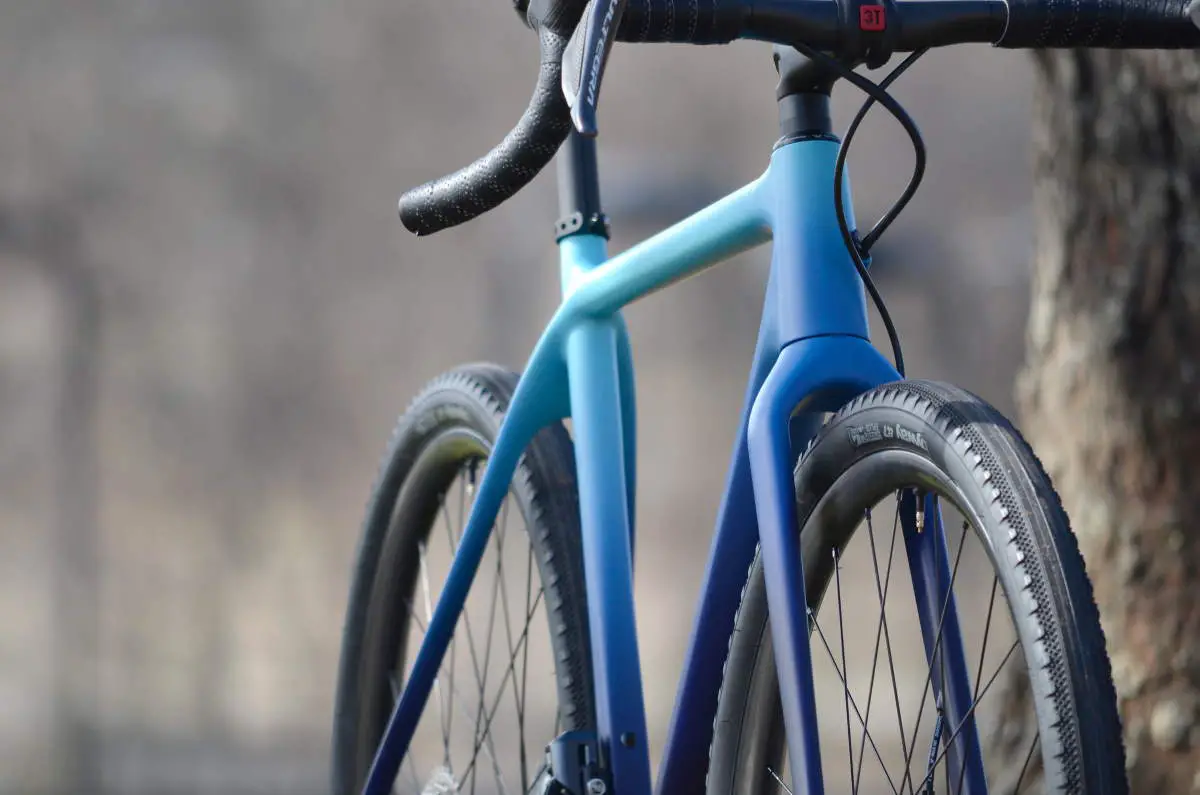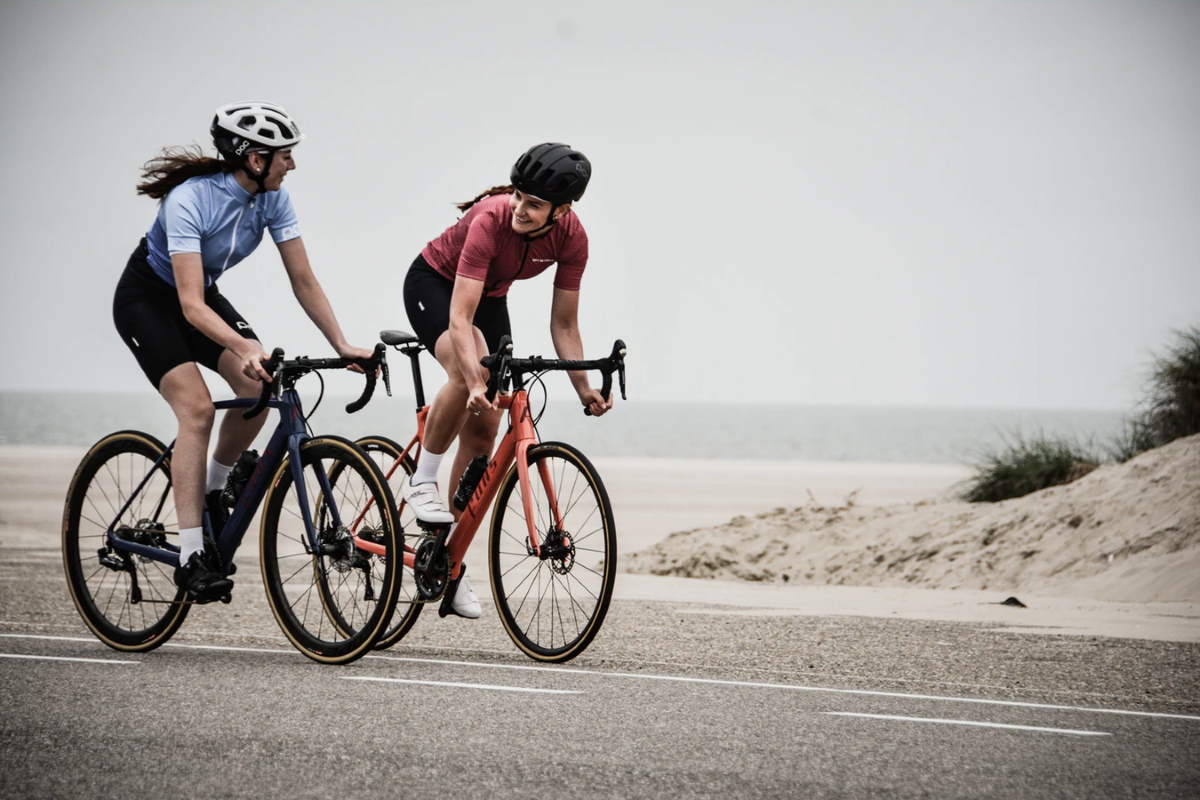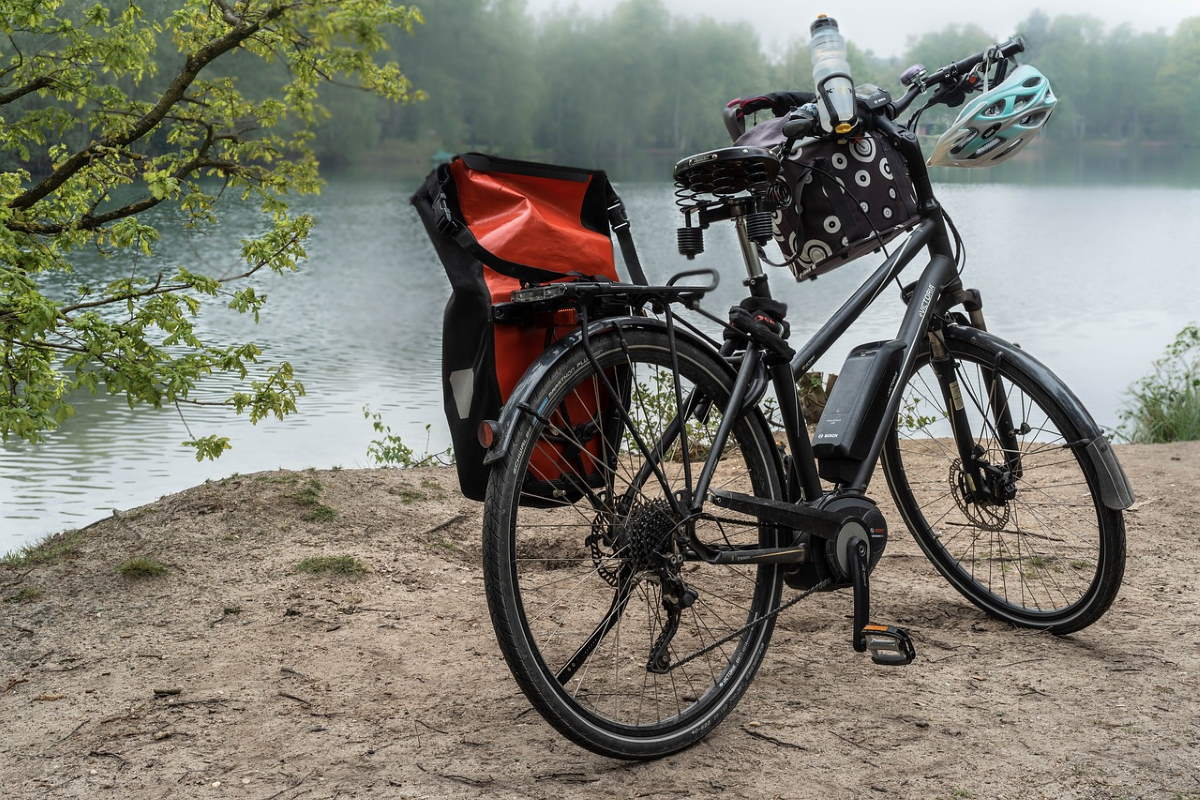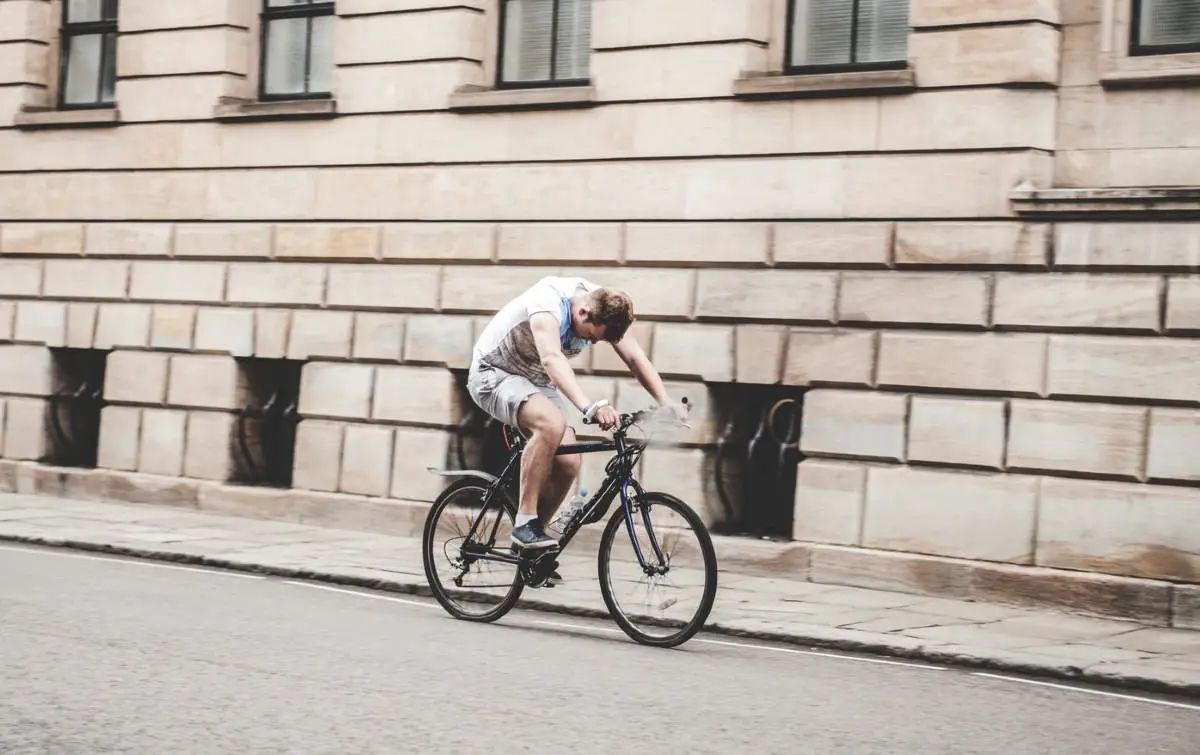The world is undergoing a paradigm shift with the COVID-19 crisis, and if sustainability was already making a major impact on the consumer market prior to the pandemic, it will undoubtedly hold even greater importance in the future. Across the globe, experts in sustainability are lamenting the ‘throwaway culture’ that is leading not only to …
Continue reading “Cycling to Recycling: Spray-Painting an Old Bike”







